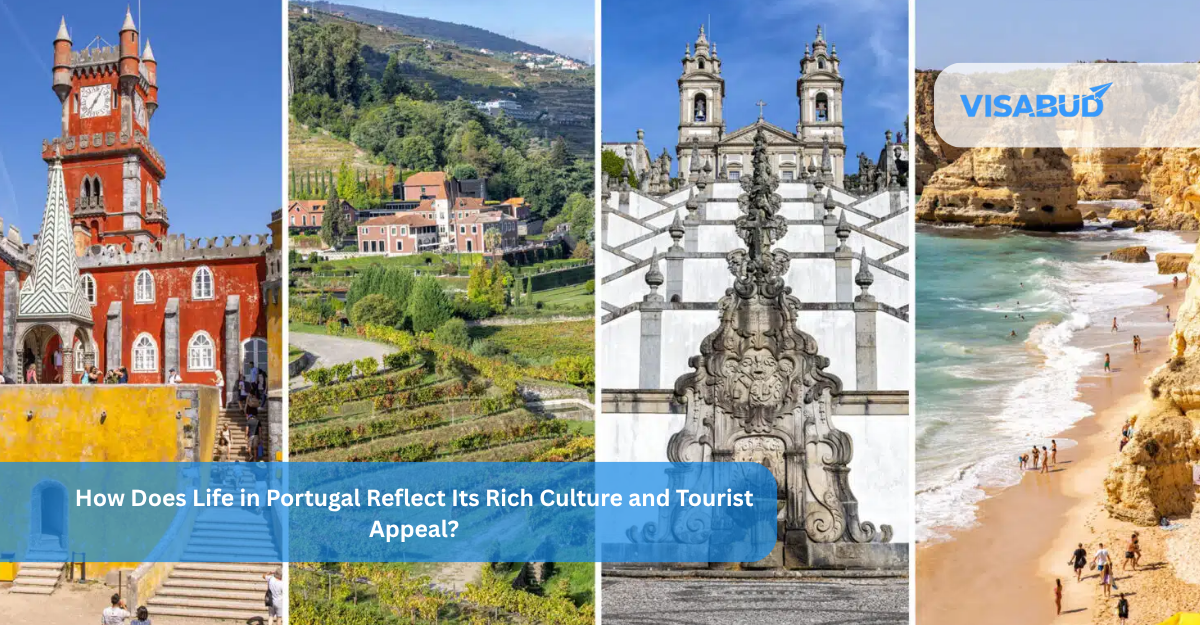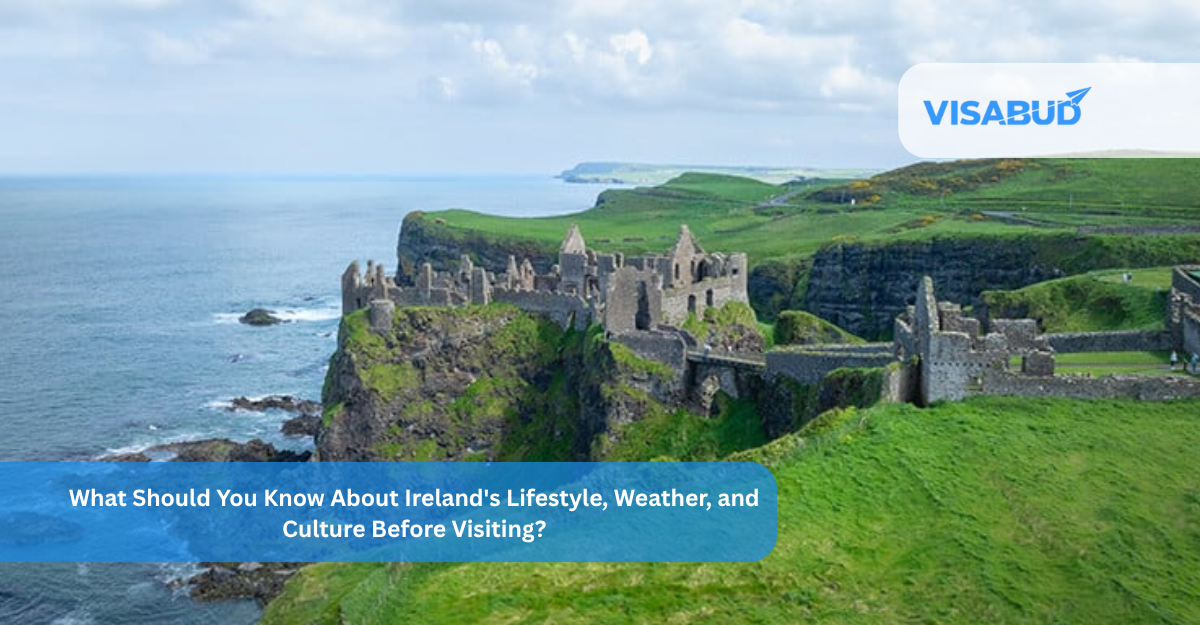Falkland Islands Travel Guide: All you need to know to visit Falkland Islands in 2025
Welcome to Falkland Islands
The country is also called Malvinas Islands or Spanish Islas. It is found in the territory of the United Kingdom in the South Atlantic Ocean. It mainly comprises two islands, West Falkland and East Falkland, and about 776 other small islands.
Geography
The Falkland Islands is about 12,170 square kilometers, with the East Falkland bigger than the West Falkland, making it position 232nd largest country in the world. In addition, the country’s geography comprises sandy beaches and cliffs, flat plains, rugged coastline, and mountain ranges dominating its’ physical geography. Mount Usborne on the East Falkland is the highest peak on the Island at 705 meters (2,312 feet). The country is also forested and dominated by rivers and Lakes such as River Chartres.
Climate
The temperature of the Falkland Islands is cool and temperate throughout the year. The Island’s climate is primarily influenced by the large oceans that surround the islands. During summer, the average temperatures range around nine °C, that is, January and February, and around two °C during the winter, that is, June and July. The maximum temperature is around 24°C, and the minimum is 5°C. The annual average temperature is around 5.6°C. The average precipitation in Archipelago is around 573.6mm. Flat areas such as Lafonia are the driest areas of the islands, with precipitation ranging from 273485mm a year. Most islands within the region receive high rainfall. The islands are also prone to risk from Tsunamis caused by underwater landslides.
Population
The population of the Falkland Islands is approximately 3,539. About 70% are of British descent due to Scottish and Welsh immigration. Other ethnic groups include French, Gibraltarians, and Scandinavians. There are also diverse languages represented and other small communities in the region, primarily immigrants from the United Kingdom, the South Atlantic isle of Saint Helena, and Chile. The population of the Falkland Islands is relatively young, with the median age being around 38.77 years. The current infant mortality rate in the country is 8.8108 per 1,000 live births. The fertility rate is at 1.5851 per woman.
Languages
Falkland, a diverse island with several ethnicities and origins, uses various languages. English is the official language across the country, even though other languages, such as Spanish and French, are used at approximately 10%.
Religion
Christianity is predominately the main religion in the Falkland Islands, with the primary denomination being the church of England. Other denominations include Roman Catholic, United Free Church, and Lutheran churches. There are also other denominations, such as the Anglican, Presbyterian, and nonaffiliations.
Government
Though the Islands are selfgoverning, the British government handles most defense and foreign affairs matters. It is, therefore, a selfgoverning British overseas territory. The Islands have a representative parliamentary democracy. The Island’s constitution was made in 2008 by Queen Elizabeth II in a confidential council meeting at Buckingham, replacing the 1985 constitution. It is the one working in the country up to date. The governor is the head of the nation in the absence of the monarch, and the head of the civil service is the chief executive. There are no [political parties in the region, and the military and foreign policy is the responsibility of the United Kingdom. The judiciary, headed by the supreme court, followed by other courts, is free from executive and legislature interference. The Falkland Islands, moreover, has a unicameral parliament under the British overseas.
Economy
Previously, the economy of the Falkland Islands was primarily based on agriculture, mainly sheep farming, but currently, fishing and tourism have dominated the economy as the primary economic activity. They also manufacture machines such as planes, refrigerators, and helicopters; therefore, the economy is diverse. It also has squid, wildlife, calcified seaweed, sphagnum, and moss.
Culture
The Island’s culture is mainly inherited from British culture. It is a diverse community with various people from diverse parts of Europe. Therefore the country does not have any indigenous culture but mainly borrowed ones from the United Kingdom. However, the country has around 1 million penguins. It is, therefore, one of the ultimate places to view tourism. It is also home to various sea birds, including the blackbrowed albatross.
Recent History
In 1982, a brief undeclared war involved Great Britain and Argentina over dominance and control of the Islas Malvinas (Falkland Islands) and the other associated Islands. Argentina lost the war, leading to the largest protest against the Galtieri regime.
Related Articles

5 min read
How Does Life in Portugal Reflect Its Rich Culture and Tourist Appeal?
If you're considering a trip to Portugal or even thinking about living there you're not alone. There's something about this beautiful country that captures people’s attention. Maybe it’s the sunny
Read More
5 min read
What Should You Know About Ireland’s Lifestyle, Weather, and Culture Before Visiting?
🇮🇪 Planning a Trip to Ireland? Here's What You Need to Know Ireland is more than just green hills, friendly smiles, and pints of Guinness. It’s a country full of
Read More
5 min read
What You Need to Know as a First-Time Traveler Exploring East Timor Culture and Top Tourist Spots
What makes East Timor an exciting destination for first-time travelers? If you're planning your first trip to East Timor (Timor-Leste), you're in for a one-of-a-kind adventure. Unlike heavily commercialized tourist
Read MoreBefore entering the Falkland Islands territory, Indian citizens need a visa. Visas are available from the Falkland Islands Embassy or consulate located in India.
Even though In the Falkland Islands, Indians are not required to pay for a visa for up to 30 days, beyond 30 days, rates of charges apply depending on the type of visa.
Tourist visa: available for individuals who plan to travel to the Falkland Islands for leisure or sightseeing purposes.
Business visa: This is available for individuals who plan to visit the Falkland Islands for business or trade-related purposes.
Transit visa: This is a visa for individuals transiting through the Falkland Islands en route to another destination.
Diplomatic visa: is issued to foreign diplomats or government officials visiting the Falkland Islands on official business.
Student visa: this is for individuals who plan to study in Falkland Island for an extended period.
The earliest and best time to apply for a Falkland Islands visa is one to two months before one travels.
Validity goes for 30 days in the Falkland Islands.
Visas are extendable, and individuals have to submit their permits to customs and immigration in Stanley.
The Falkland Islands usually issue permits upon arrival for Indian citizens, but they can also make their applications prior.
Traveling checklist
- Valid passport with six months before expiry
- Valid visa
- Confirmed return ticket
- Foreign currency
- Proof of accommodation
Additional documents supporting the purpose of the visit.
